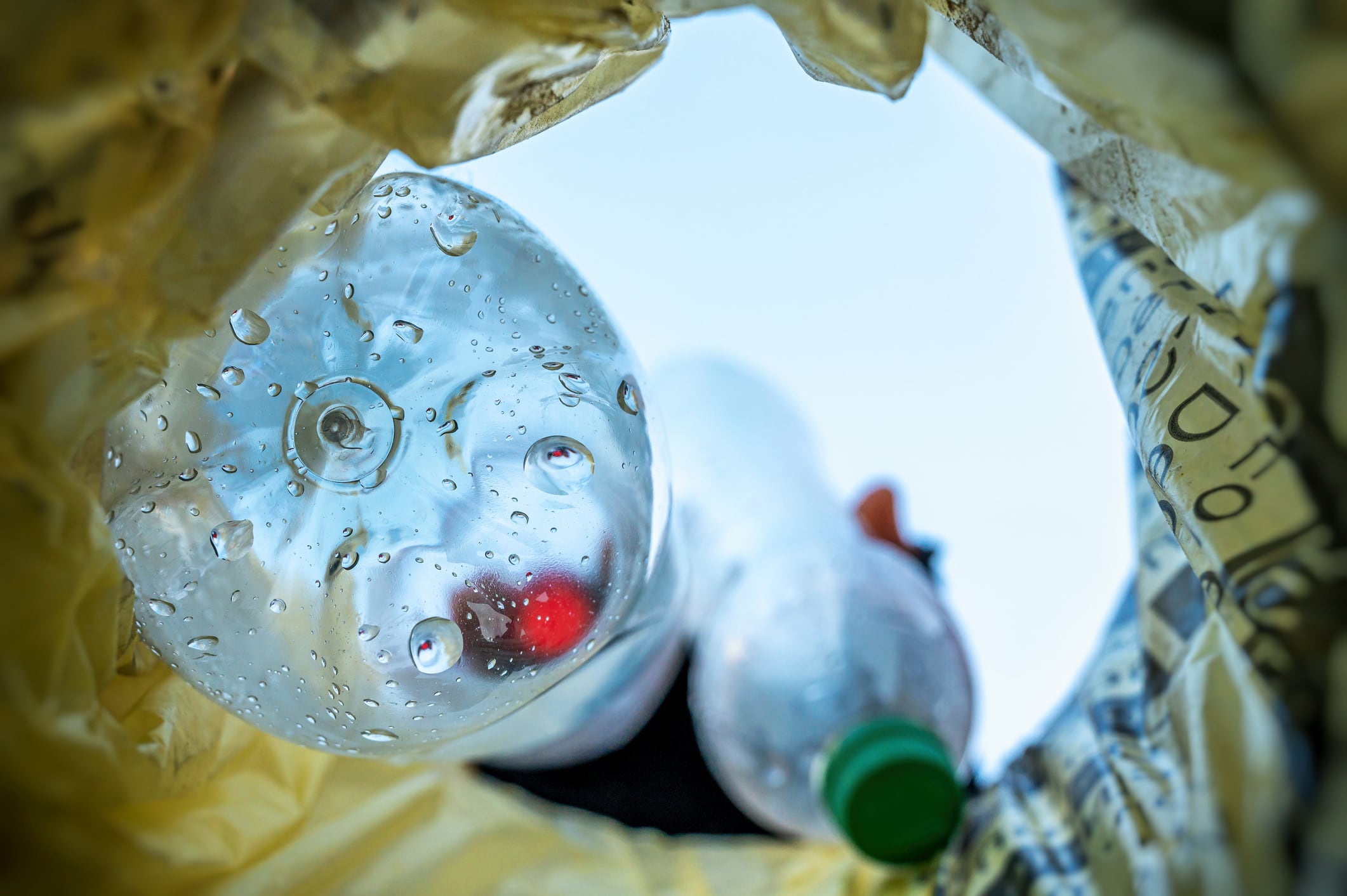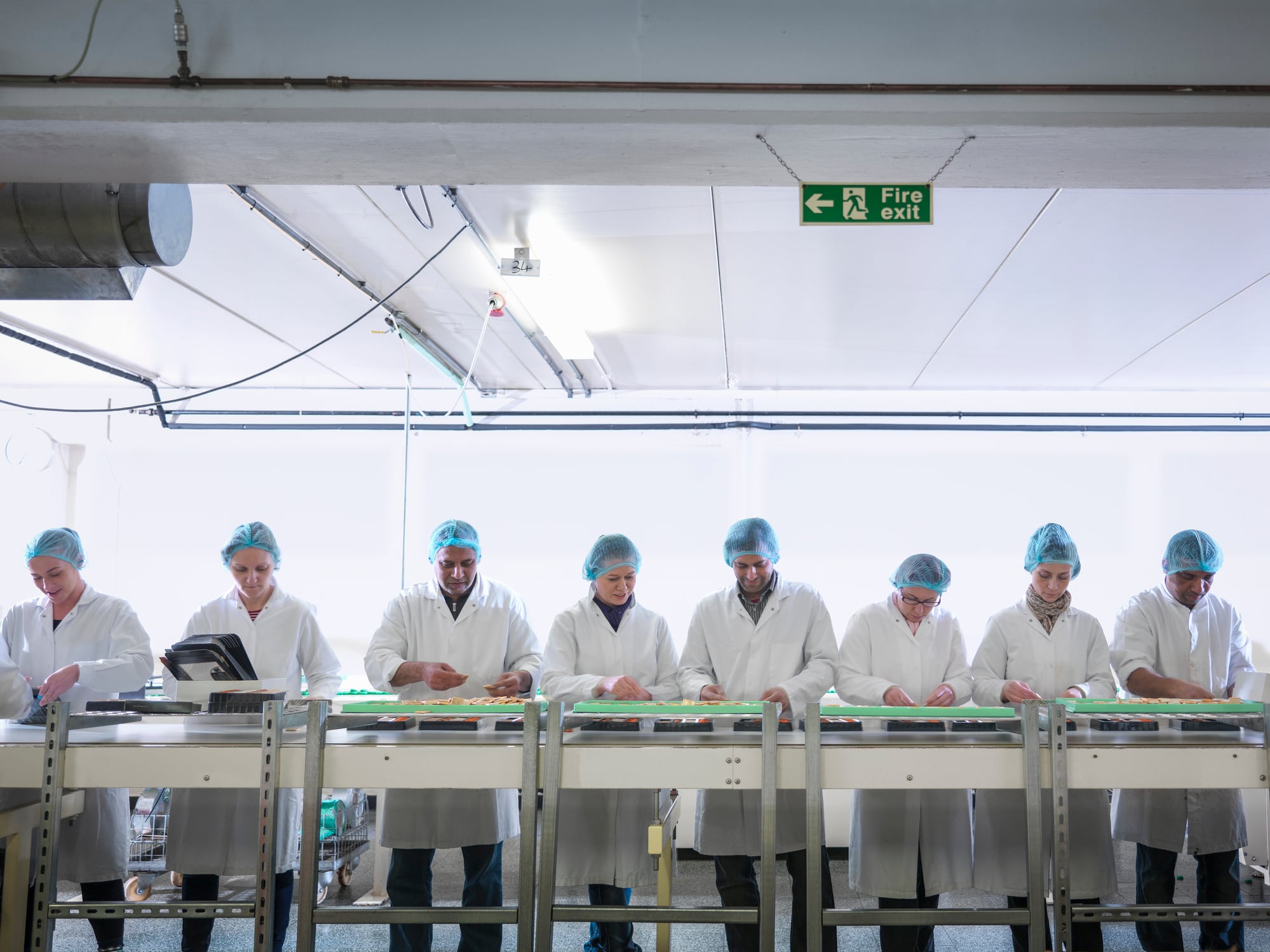Much of the UK economy is still linear, based on the principles of using and disposing of products and the resources used to make them.
The Environment, Food and Rural Affairs Committee’s (EFRA) inquiry will examine the progress of the UK Government in bringing about a more circular system and the work of key regulators to ensure that waste is sustainably managed.
What is circular economy?
The Ellen Macarthur Foundation describes circular economy as a system where materials never become waste and nature is regenerated. Instead, they are kept in circulation and used for processes such as maintenance, reuse, remanufacture or recycling.
What will the EFRA inquiry focus on?
The inquiry launched today (21 May 2025) will initially focus on the Global Plastics Treaty.
The Global Plastics Treaty
The Treaty is a worldwide agreement to define the tangible steps and timelines necessary to change how we produce and use plastic products that pose a high pollution risk, including single-use items and excessive packaging.
While plastic can be a useful material, WWF figures show that 90% of it pollutes our planet, with an estimated 9-14 million tons of plastic waste ending up in our oceans each year. At the current rate, global plastic pollution could triple by 2040.
In March 2022, the UN Environmental Assembly convened in Nairobi, Kenya, to debate the global plastic crisis. In a historic move, 175 nations voted to adopt a global treaty for plastic pollution.
The fifth and final round of negotiations for a new Global Plastics Treaty (Intergovernmental Negotiating Committee or INC-5) had been earmarked to conclude in November 2024 in South Korea. However, the talks ended without an agreement and another round of talks (INC-5.2) is scheduled to take place between 5 and 14 August 2025 in Switzerland.
Following this, the EFRA Committee will now hold an evidence session on plastic pollution in July, during which MPs will explore the key proposed elements of the Treaty, the UK’s leadership on the issues, and the barriers that need to be overcome to achieve an agreement.
Packaging reforms
During discussions, the Committee is likely to consider a range of topics, including international cooperation and waste exports; as well as packaging reforms such as extended producer responsibility, deposit return schemes, simpler recycling, and the plastic packaging tax.
MPs will also likely examine efforts to lessen the environmental impact and use of landfill and incineration, alongside work to reduce the use of single use items, encourage more ecological product designs, and tackle waste crime.
“The growth of plastic pollution has been a blight on our shores for decades. It is a global issue that requires international cooperation. Ahead of the negotiations in August, our Committee will look at how the Government could take a lead on this and what a successful outcome from the talks would look like,” said the EFRA Committee chair, Alistair Carmichael MP.
“Plastic pollution is just one symptom of the broader problem of our linear economy, which is causing environmental damage as well as economic waste. In this broad inquiry, we will scrutinise efforts to bring about a more circular economy and progress on developing circular economies across different sectors, including agriculture and organic wastes such as food.”
Submitting evidence
Those who are interested in submitting written evidence on the below points can do so here (deadline Wednesday 18 June at 23.59).
- What were the main reasons for the INC-5 talks in November 2024 failing to reach agreement on a Global Plastics Treaty?
- What are the main areas of agreement and divergence between parties?
- How might remaining areas of disagreement be overcome at INC-5.2 in August 2025?
- What would represent a successful outcome, and what are the prospects for this?
- What can the UK Government do to demonstrate leadership and drive ambition with regards to the proposed Treaty?





